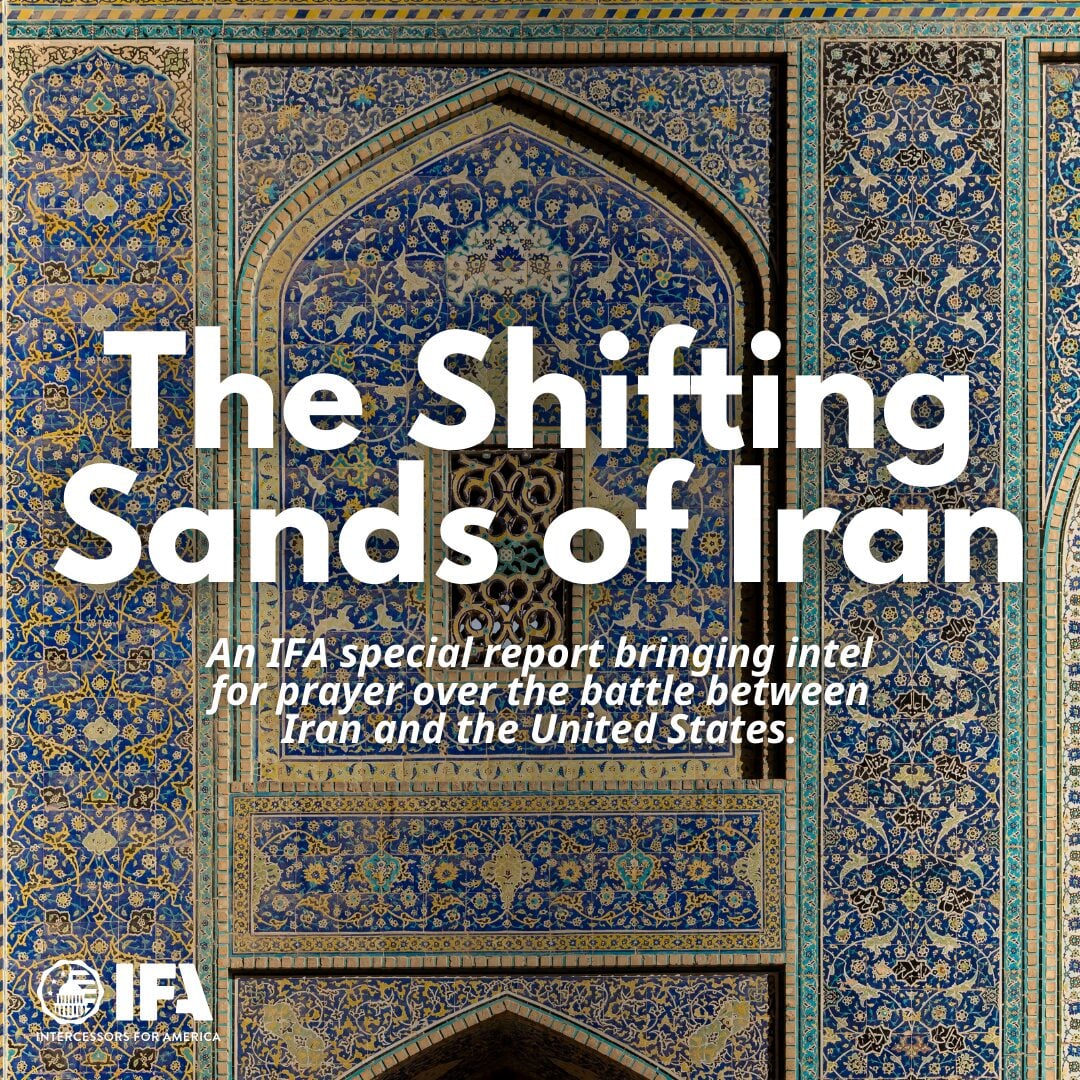WHAT HAPPENS TO THE PRAYERS WHEN JERUSALEM’S WESTERN WALL GETS FULL?
CHINA UNVEILED ITS “ULTIMATE DOOMSDAY WEAPON” DURING 70TH ANNIVERSARY...
3 AMERICAN CHILDREN TAKEN FROM PARENTS IN NORWAY
MATTEL RELEASES GENDER CHANGEABLE DOLLS–YOU CAN TAKE ACTION
PRAISE: 9TH U.S. TOWN BECOMES “SANCTUARY CITY FOR THE UNBORN”
WHAT HAPPENS TO THE PRAYERS WHEN JERUSALEM’S WESTERN WALL GETS FULL?
Have you ever wondered what happens to all the prayer notes when the Western Wall in Jerusalem is full? Watch the video and see where all the prayers end up.
Visitors to Jerusalem’s Western Wall often place written prayers in the cracks between the stones. Twelve million people visited the Western Wall this year. Have you ever wondered what happens when no more prayers will fit in those crevices? First a little history...
The Western Wall is part of the retaining wall built by King Herod 2,000 years ago around the Temple Mount. When King Solomon dedicated the First Temple, God said His eyes and heart would always be there.
Rabbi Shmuel Rabinovitch, Rabbi of the Western Wall and Holy Sites in Israel, the practice of putting prayers to God in the Kotel, as it’s called in Hebrew, is rooted in Jewish tradition.
“In this place, according to Jewish tradition, all the prayers of every person in the world go up from here. Here the gates of heaven are open and Jews and non-Jews, from the Land or from the diaspora put their requests here by means of notes that they inserted between the (stones) of the Western Wall,” Rabinovitch said.
You Can Have Your Prayer Added to the Western Wall
If Jews and those of other faiths can't make it to the Kotel, they can send their requests via post office, email or text.
So, what happens when those cracks get too full? Twice a year, workmen remove the old prayer slips to make room for the new.
The workers use only their bare hands or wooden sticks to remove the notes because the Bible says no tools of iron are allowed in the Temple.
Pulling out the notes is only part of the story.
According to Jewish religious practice, it's forbidden to destroy anything on which the name of God is written. That means these little prayer slips are treated with the same respect as worn or damaged Torah scrolls and prayer books.
So, the notes are bundled in bags and later buried in the cemetery on the Mount of Olives.
Rabinovitch says no one reads the papers because they're meant for the Creator.
“Of course, we pray. We ask from the Creator of the World that He hears their requests, that He hears their prayers, and fulfills all the yearnings of their hearts for good,” he said.
Ahead of Rosh Hashanah, the traditional Jewish New Year, Rabinovitch says it’s time to put the hardships of the past year behind us and to look forward to the blessings of the coming year.
(Excerpt from CBN News. Article by Julie Stahl.)wha
Partner with Us
Intercessors for America is the trusted resource for millions of people across the United States committed to praying for our nation. If you have benefited from IFA's resources and community, please consider joining us as a monthly support partner. As a 501(c)3 organization, it's through your support that all this possible.


We use cookies to ensure that we give you the best experience on our website. If you continue to use this site we will assume that you are happy with it. Privacy Policy


Comments
How Beautiful.